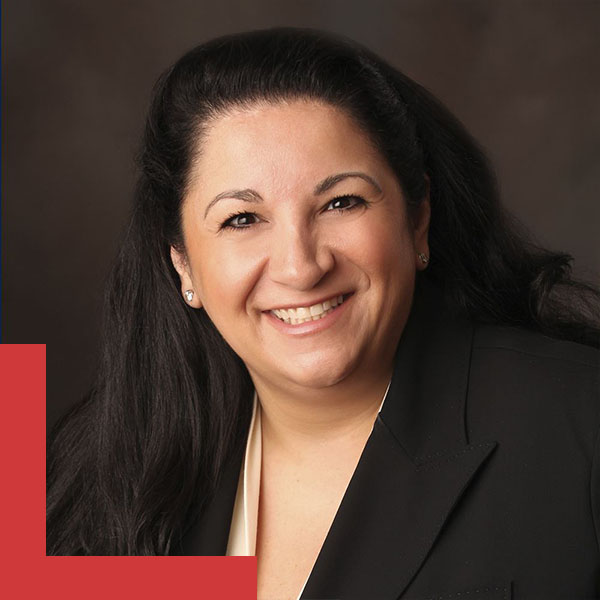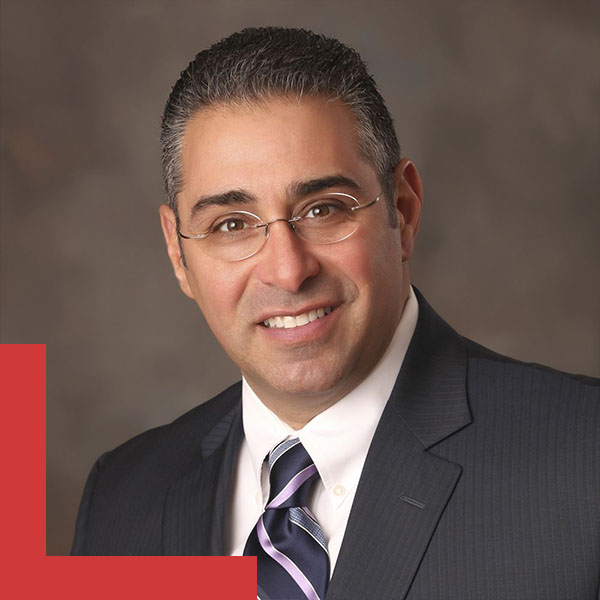DUI Sobriety Checkpoints in New Hampshire
With Law Offices in Manchester, NH
Do You Need Legal Help?
Do You Need Legal Help?

Attorney John Tenn and his entire team are amazing people! If you need a lawyer, he is the man to call! He handled my case in a professional matter and took the stress out of it all.
![]()

The whole team were very professional and responsive. My case was effectively handled with good communication during the process. Very satisfied with the outcome. Highly recommend!
![]()

I was recently in need of a New Hampshire lawyer. I was put in touch with John Tenn. He went above and beyond for me to make sure I got the best help. Tenn and Tenn thank you for being so helpful!
![]()

James J. Tenn, Jr.
Attorney

Mary Elizabeth Tenn
Attorney

John J. Tenn
Attorney
Working hard to obtain the best results possible for our clients and fighting to protect their rights.

Enter your information below to receive your free pdf guide.
Law enforcement agencies throughout New Hampshire regularly use sobriety checkpoints, or DUI roadblocks to detect and deter people from driving while intoxicated. Although many New Hampshire citizens believe DUI roadblocks or sobriety checkpoints are a violation of their Constitutional rights and are an illegal search, the United States Supreme Court held in Michigan Department of State Police v. Sitz, 496 U.S. 444 (1990), that the sobriety checkpoint in question did not violate the Fourth Amendment prohibition against unreasonable search and seizure. Local police must obtain judicial permission for a sobriety checkpoint and it must be conducted according to certain specifications.
In New Hampshire, sobriety checkpoints must be conducted in a constitutionally permissible manner following a specific set of “guidelines”. These guidelines relate to such matters including the preparation, location, pre-checkpoint publicity, and operation of the sobriety checkpoint. The National Highway Traffic Safety Administration (NHTSA) has a published report which recommends a set protocol for the operation of sobriety roadblocks. And, the New Hampshire Attorney General’s Office has disseminated guidelines for New Hampshire law enforcement agencies to follow when conducting a sobriety checkpoint.
Related Blog Posts
All drivers passing through a checkpoint must stop and be indiscriminately asked a few routine questions. When a driver approaches a sobriety checkpoint, he or she will be immediately asked to produce his or her license and registration. The driver will then generally be asked about his origination or destination, whether he had been drinking, and if there is any alcohol or drugs in the car. Some states have officers approach your vehicle with a flashlight that is equipped with a passive alcohol sensor. If an officer has reason to suspect that the driver had been drinking or is under the influence of alcohol or drugs, the driver will immediately be asked to step from the vehicle to perform a series of Standardized Field Sobriety Tests. The driver will usually be asked to also submit to a breath or blood test, which test is often conducted in the New Hampshire DUI Mobile Command Center, which will be stationed at or near the sobriety checkpoint. The command center vehicle is equipped with an Intoxilyzer 5000 which is an industry standard breath alcohol analysis instrument. Our attorneys are professionally trained in all aspects of maintaining, calibrating, and evaluating the results of this equipment. If the field testing and breath or blood alcohol tests conclude you are under the influence you will be charged and taken into custody. The consequences of a DUI can be costly and long-lasting. Fines, jail time, motor vehicle insurance premium increases, and your criminal record indicating an offense for at least ten years will all have an effect on your life.
![]()
The team of people who work for this firm are some of the most professional and personable individuals I have ever known. You can trust their knowledge and expertise. They are absolutely a five star organization.